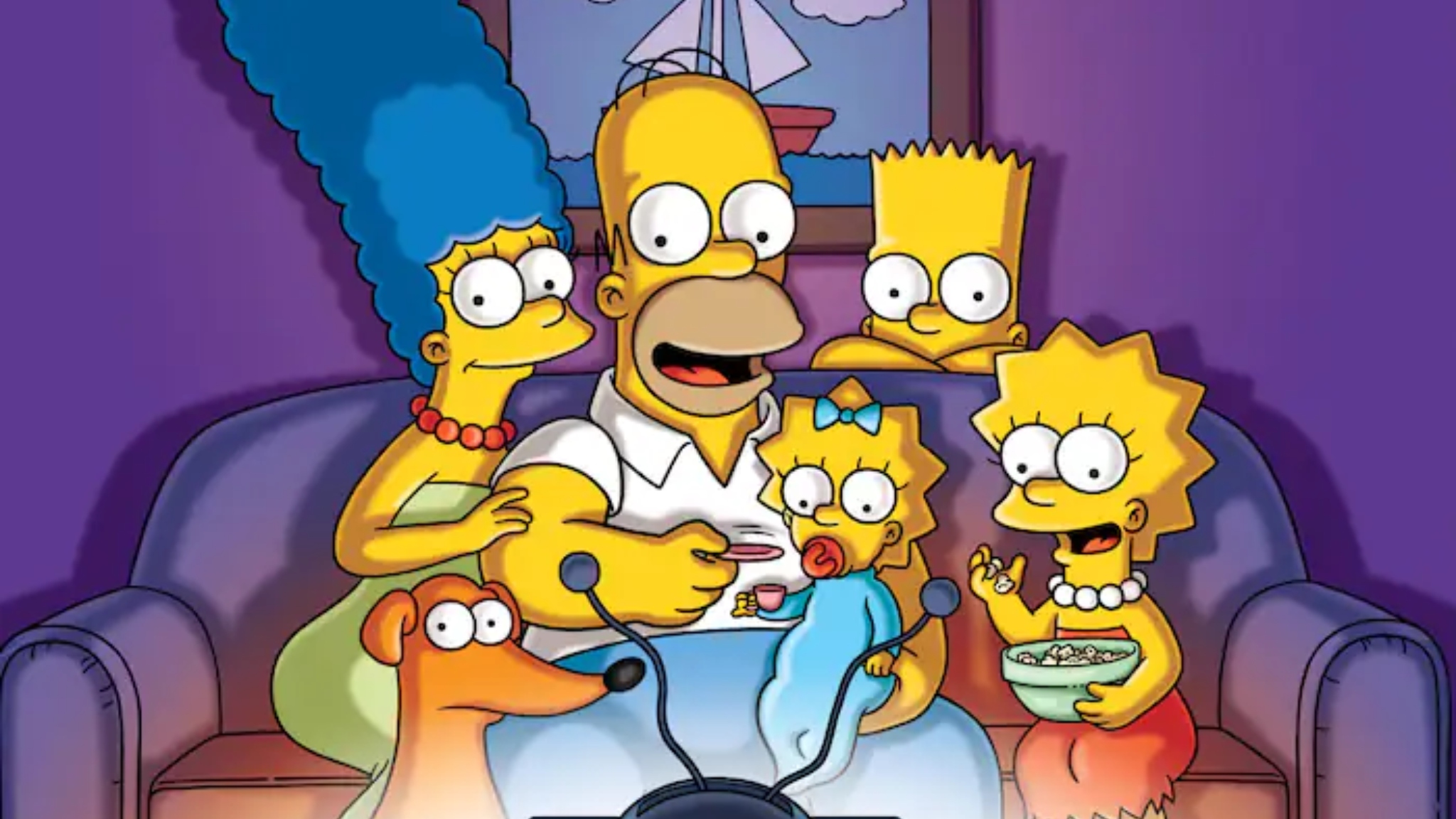
From its debut in 1989, “The Simpsons” has been a cherished and ongoing television show boasting over 780 episodes. Known for its distinctive couch-gag openings and the odd fame of seeming to forecast future events, the series has tackled an impressive array of plotlines, leading many viewers and other TV shows to adopt the phrase “The Simpsons did it” when recognizing ideas previously explored by the show. However, despite building a monumental legacy celebrated by fans worldwide, “The Simpsons” started humbly with disorganized beginnings.
Over three decades into its run, “The Simpsons” has evolved significantly from its early days. Despite some flaws like inconsistent character designs in the background and disorganized episodes, the initial season retains its charm – imperfections included. It effectively establishes the Simpson family as a dysfunctional yet committed unit, even during their toughest times. Each family member’s quirky personality and interactions with others have kept the show relevant over time, thanks to their strong familial bond.
Here are the best episodes to watch in The Simpsons Season 1.
Episode 7: “The Call of the Simpsons”

Following a longing glance at neighbor Flanders’ RV, Homer decides to buy his own run-down RV on credit and take his family on a camping trip. However, misfortune strikes when the RV tumbles off a cliff, leaving the Simpsons stranded in the forest. As the family splits up, Marge and Lisa care for their campsite and eventually encounter civilization, Maggie is adopted by a family of bears, and Homer and Bart become stuck in mud with leaves serving as their only meager clothing. As Homer becomes increasingly caked in mud, he is mistaken for Bigfoot.
A typical outdoor family trip for the average family, but with the unique quirks and mishaps of The Simpsons family. For instance, it’s no surprise that Marge and Lisa would use their intelligence to extricate themselves from trouble, while Bart and Homer, driven by their masculinity, often find themselves in foolish predicaments, even being mistaken for forest nuisances. As for Maggie, her ability to command attention, even from bears, is quite remarkable.
Episode 4: “There’s No Disgrace Like Home”
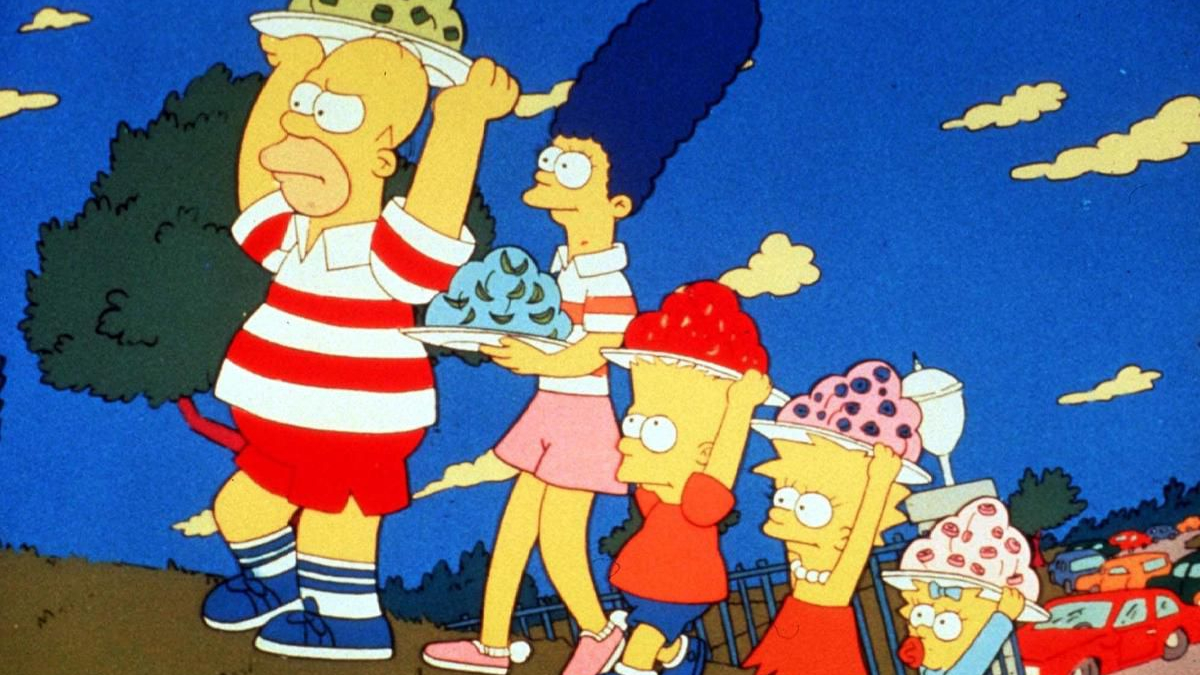
After spending time at Mr. Burns’ company picnic, observing how his colleagues’ families interacted, Homer realizes and laments the dysfunction in his own family. Feeling compelled to make changes, he sets out to improve their situation. However, despite consulting a well-known television therapist, they discover an unexpected bond – a deeper appreciation for one another – that arises from their unique challenges.
Despite the Simpsons’ frequent bickering and disagreements, there’s a unique charm in each family member’s peculiarities that they secretly value about each other. Beneath the surface of their constant conflicts, they recognize a deep-rooted sense of unity and dependence when tough times arise. It’s this distinct form of dysfunction that makes them truly extraordinary.
Episode 8: “The Telltale Head”
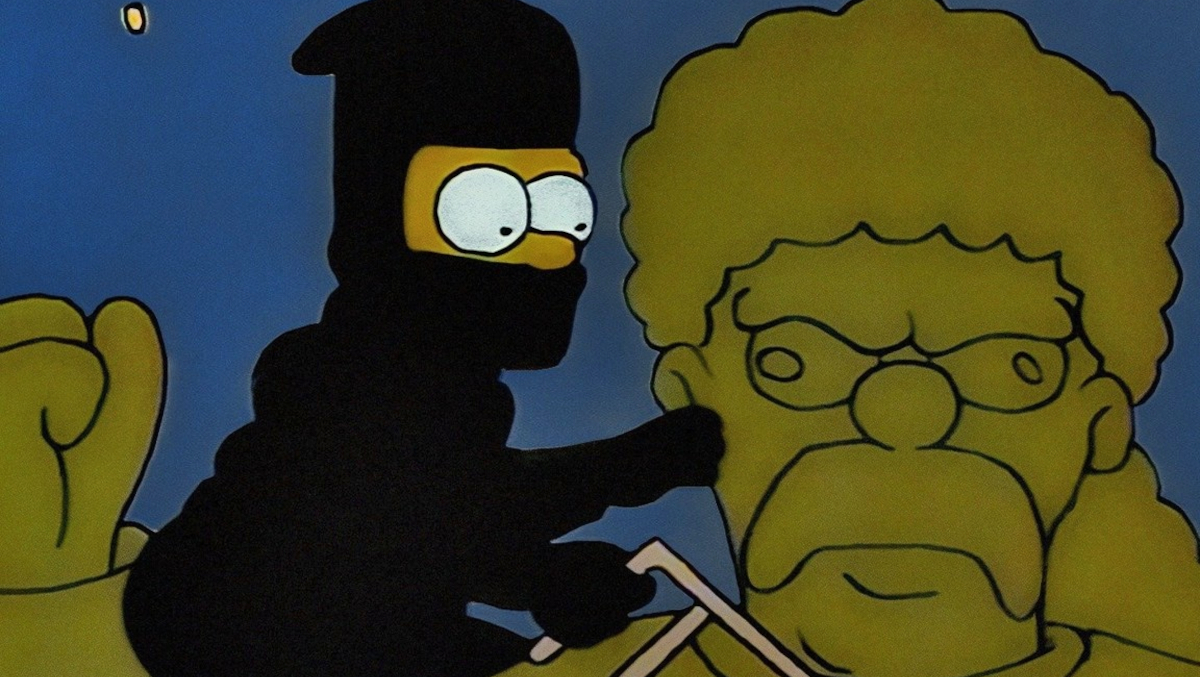
In a chase from an angry crowd, Bart shares how he was misguided morally. He befriends a rough gang who encourage him to show off by stealing the statue head of town founder Jebediah Springfield. When the townsfolk get furious, not even his new companions approve of the vandalism, causing Bart to question his actions.
The story starts by Homer consoling his son, Bart, using an amusingly antiquated phrase, “You know, Bart, when I was your age, I made some mistakes,” which leads to Bart addressing a crowd angrily, vowing to clarify his actions during the entire duration of the episode. Despite Bart often clashing with his family and causing mischief, this tale highlights his kind nature and development – demonstrating that in a genuine crisis, he relies on and trusts his parents for aid.
Episode 3: “Homer’s Odyssey”
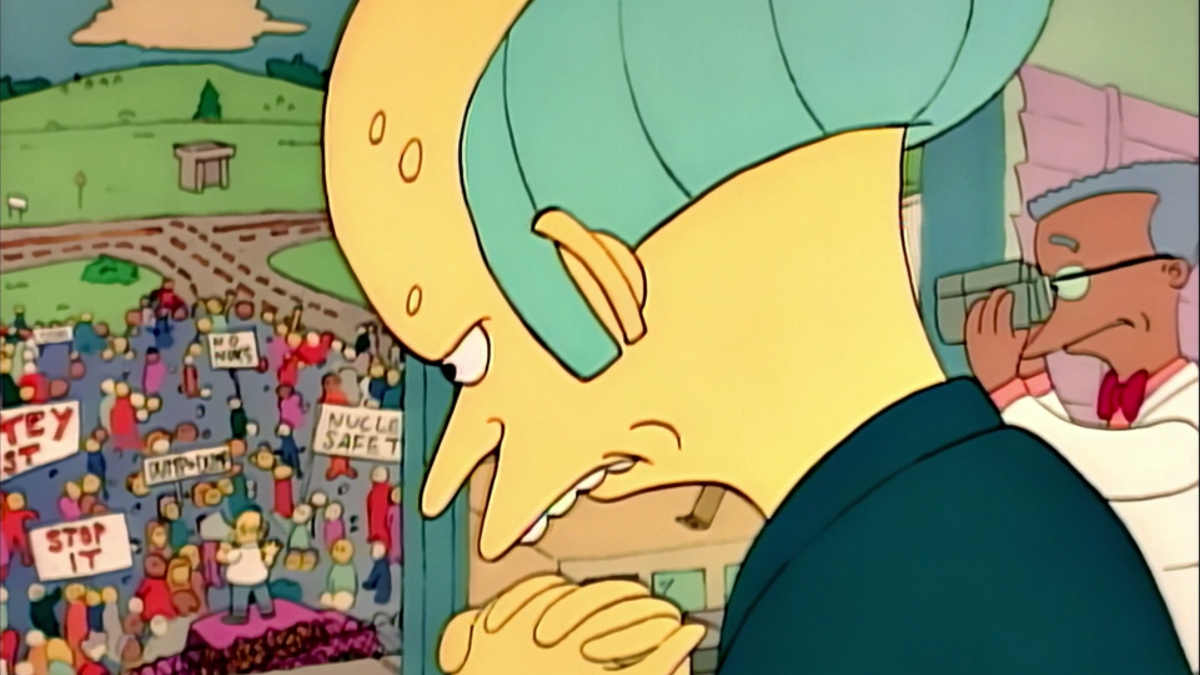
Following an incident at the Springfield Nuclear Power Plant, which was Homer’s workplace, he loses his job and faces difficulty meeting his family’s needs. As despair sets in, thoughts of ending his life cross his mind. However, a purpose for living presents itself: standing up for the town’s wellbeing. In a surprising turn of events and sheer luck, Homer manages to secure a beneficial outcome by being rehired as the plant’s safety inspector.
In Season 1, Homer experiences a challenging situation somewhat like George Bailey in It’s a Wonderful Life. While Homer displays affection for his family in an unusual manner, it becomes apparent that his priorities are mixed up. Contrary to George Bailey, it’s not his cherished family that keeps him going, but rather the ironic concern that others might face peril if he were to commit suicide, following a close call with a car accident on his way to do so.
Episode 12: “Krusty Gets Busted”
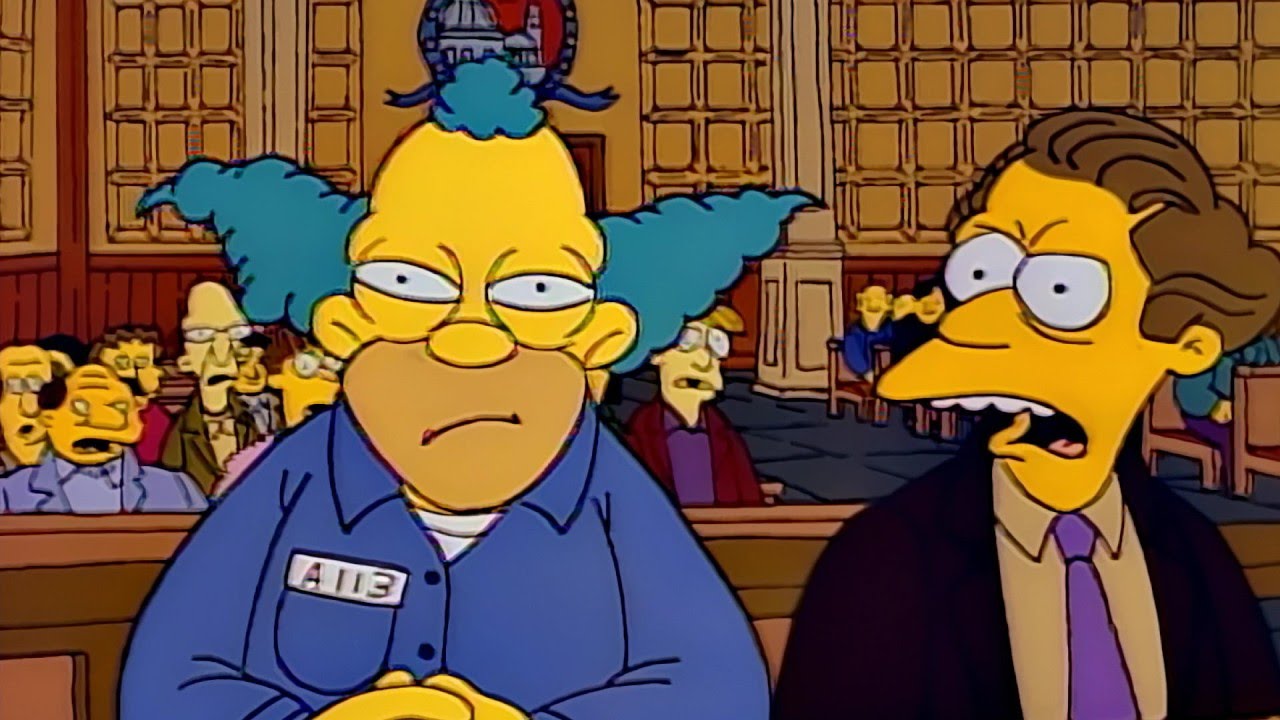
One day, Homer goes to the convenience store Kwik-E-Mart and accidentally becomes a key witness to a robbery. This crime eventually leads to the arrest and conviction of popular children’s TV host, Krusty the Clown. However, when Krusty’s longtime assistant, Sideshow Bob, takes over as the new show host, Bart starts questioning whether Krusty is truly guilty. With Lisa’s assistance, he uncovers evidence that proves Krusty was set up and innocent all along.
It’s rare to see Krusty without his clown paint, and he bears a striking resemblance to Homer in later episodes. This is because the original idea for Krusty, Bart’s admired clown figure, was intended to be Bart’s own father, whom he often disrespects. However, one constant throughout the series is Sideshow Bob’s vendetta against Bart. He has held this grudge since Bart foiled his plan to frame Krusty, and even after many years, Sideshow Bob continues to seek revenge on the boy who exposed and imprisoned him. Much like the long-running show itself, Sideshow Bob’s animosity towards Bart endures.
Read More
- Gaming News: Why Kingdom Come Deliverance II is Winning Hearts – A Reader’s Review
- S.T.A.L.K.E.R. 2 Major Patch 1.2 offer 1700 improvements
- Disney Cuts Rachel Zegler’s Screentime Amid Snow White Backlash: What’s Going On?
- Jujutsu Kaisen Reveals New Gojo and Geto Image That Will Break Your Heart Before the Movie!
- Hut 8 ‘self-mining plans’ make it competitive post-halving: Benchmark
- Taylor Swift Denies Involvement as Legal Battle Explodes Between Blake Lively and Justin Baldoni
- The Weeknd Shocks Fans with Unforgettable Grammy Stage Comeback!
- Why Tina Fey’s Netflix Show The Four Seasons Is a Must-Watch Remake of a Classic Romcom
- Disney’s Animal Kingdom Says Goodbye to ‘It’s Tough to Be a Bug’ for Zootopia Show
- Assassin’s Creed Shadows is Currently at About 300,000 Pre-Orders – Rumor
2025-03-20 18:44